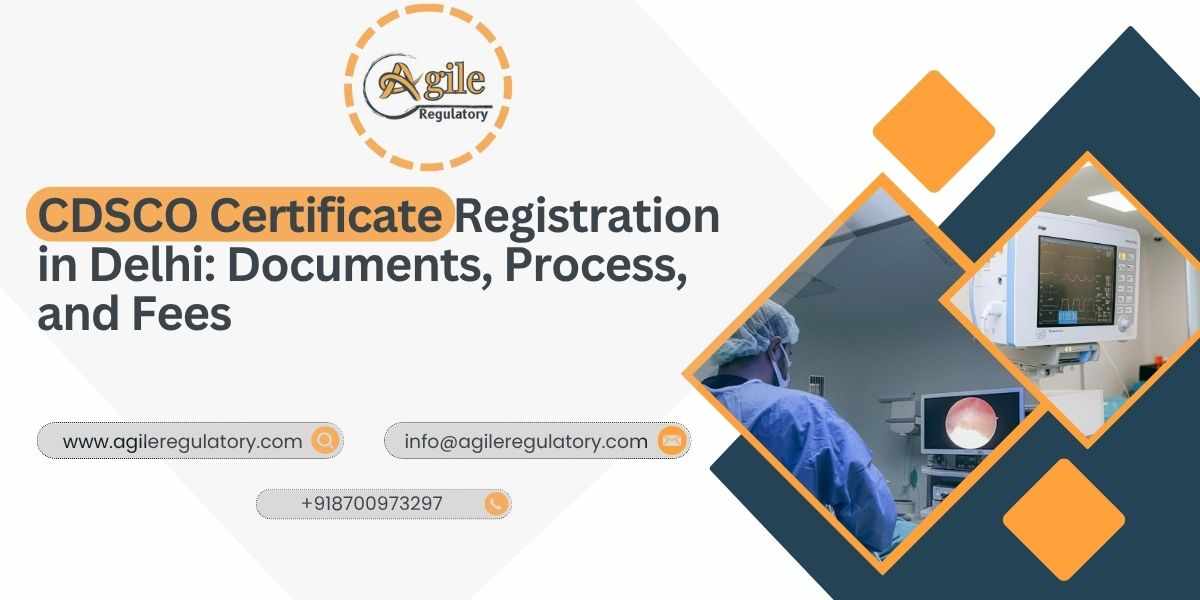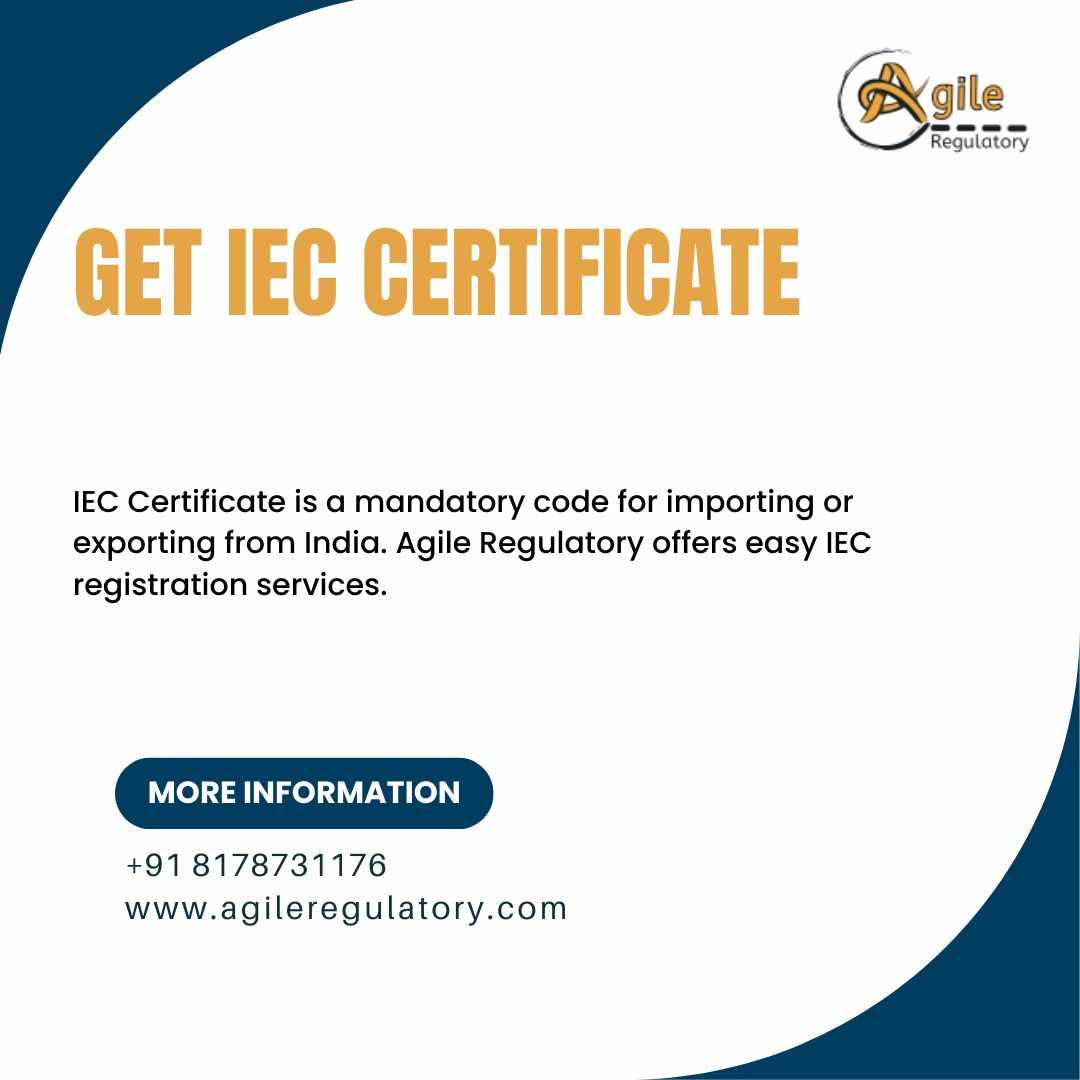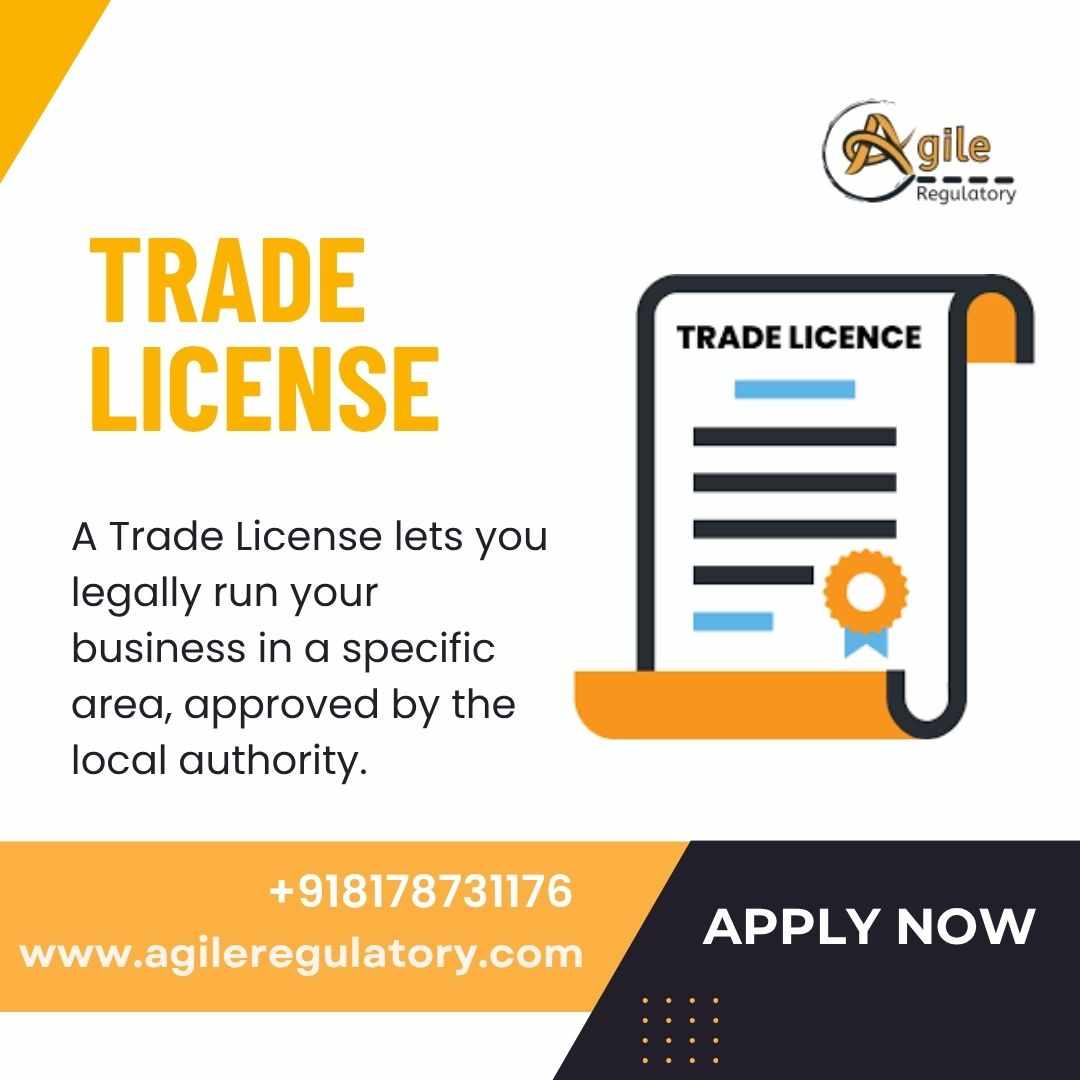In today’s global economy, trust is the currency of international trade. For aspiring global suppliers, earning and maintaining the confidence of international buyers is not merely a business advantage—it’s a necessity. With increasing regulations, quality standards, and buyer scrutiny, compliance has emerged as a powerful tool to build that trust and secure long-term business relationships.
The Role of Compliance in International Trade
Compliance means meeting the legal, safety, and quality requirements of the importing country. For international buyers, a compliant supplier is not just preferable—it’s essential. Countries like the U.S., China, the UAE, and those in the EU have strict import regulations covering everything from product labeling and packaging to certification and environmental responsibility.
Buyers often conduct thorough due diligence before signing a contract with a foreign supplier. This includes verifying certifications like ISO, BIS, CE, FDA, or GACC, checking registration with trade bodies, and ensuring that the supplier meets sustainability norms. Failing to meet even one of these criteria can lead to missed opportunities and damaged credibility.
Key Compliance Essentials for Global Suppliers
Product Certifications: International buyers usually require certifications like BIS (India), CE (Europe), FDA (USA), or GACC (China) depending on the product. These validate that the product meets mandatory technical and safety standards.
Trade Registrations: Being registered with organizations such as APEDA, FIEO, or obtaining RCMC certification is often necessary to qualify for export schemes and meet global supply chain eligibility.
Packaging and Labeling Norms: Legal Metrology, barcode compliance, and eco-friendly packaging requirements must be followed to ensure seamless customs clearance and acceptance by global retailers.
Environmental and Waste Compliance: Many countries now mandate Extended Producer Responsibility (EPR) certifications for plastic, e-waste, or battery waste management as part of sustainable import policies.
Documentation and Transparency: Accurate invoices, Bills of Lading, Certificates of Origin, and conformity documents are essential to prevent delays and build a reputation for reliability.
Agile Regulatory: Your Partner in Global Compliance
At Agile Regulatory, we understand that compliance can feel overwhelming—but it doesn’t have to be. Our team of experts provides end-to-end support to help businesses meet all essential compliance requirements for exports. Whether it’s BIS certification for electronic goods, GACC registration for food exports to China, or EPR authorization through the CPCB portal—we ensure your paperwork, documentation, and submissions are handled with precision and efficiency. With 12+ years of experience, we’ve helped numerous Indian exporters gain the trust of international buyers and grow their global footprint.
Final Thoughts
Becoming a trusted international supplier is more than offering quality products—it’s about showing you meet the highest global standards consistently. By proactively addressing compliance requirements, you send a powerful message to potential buyers: that you are professional, prepared, and globally responsible. In today’s competitive landscape, that’s exactly what sets successful exporters apart.





Write a comment ...